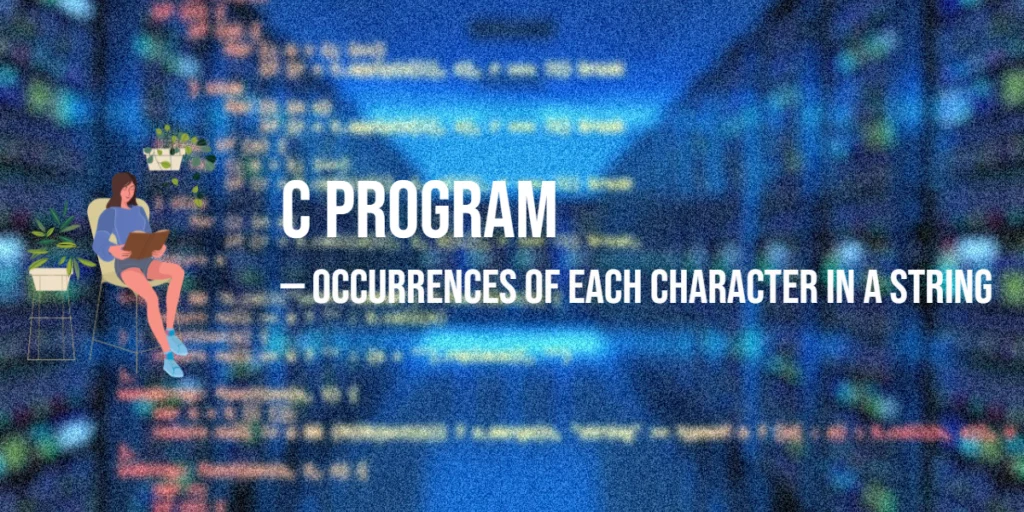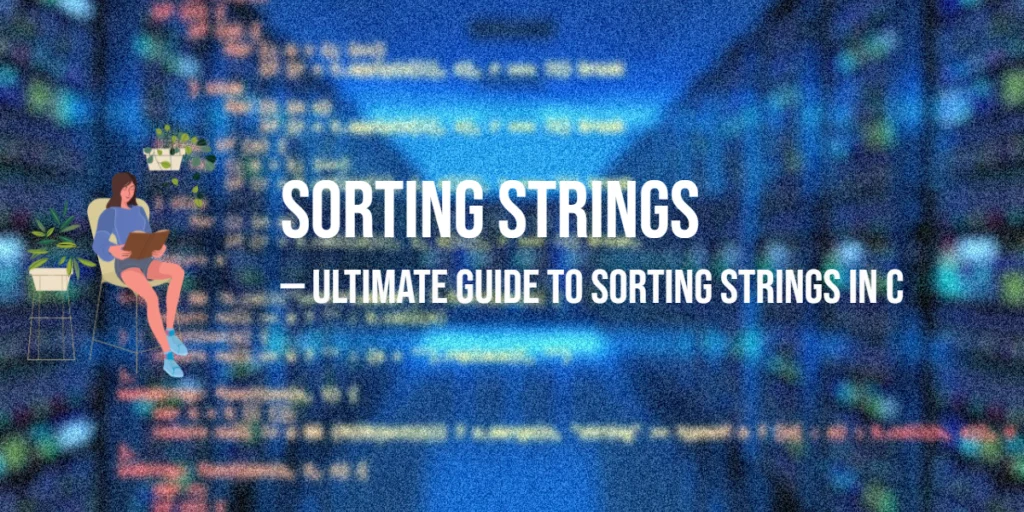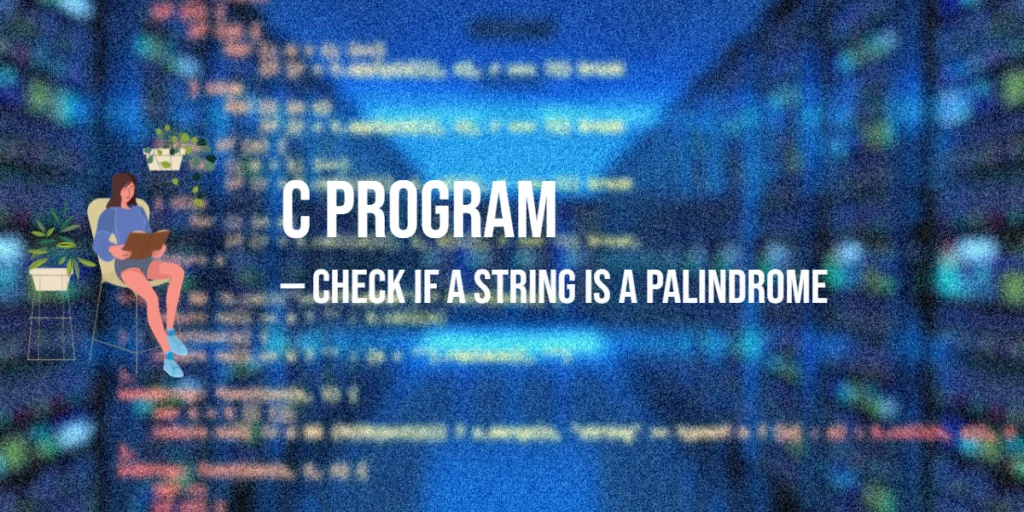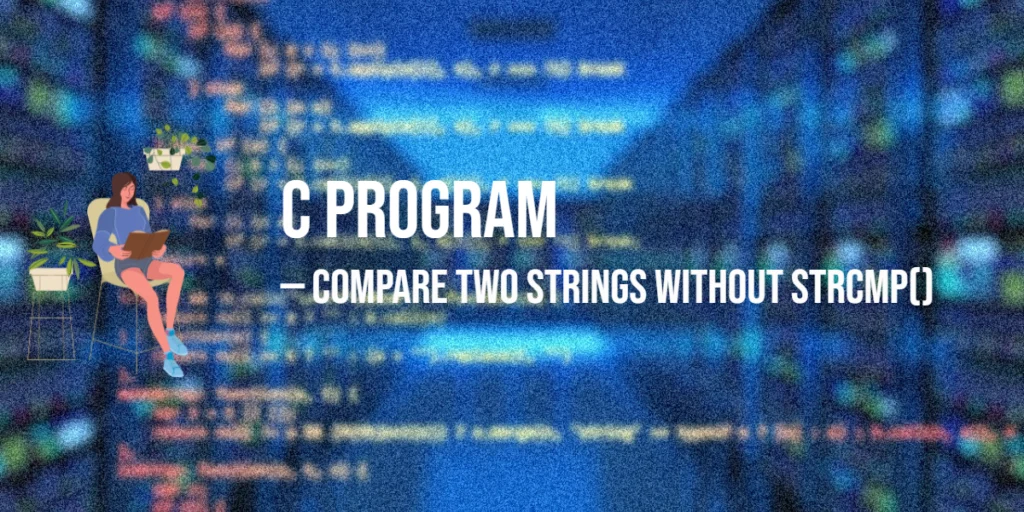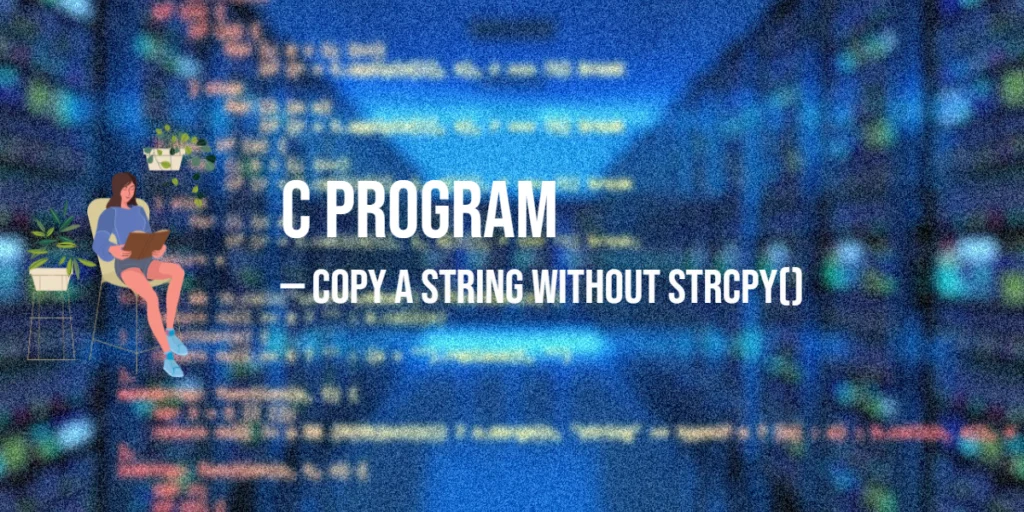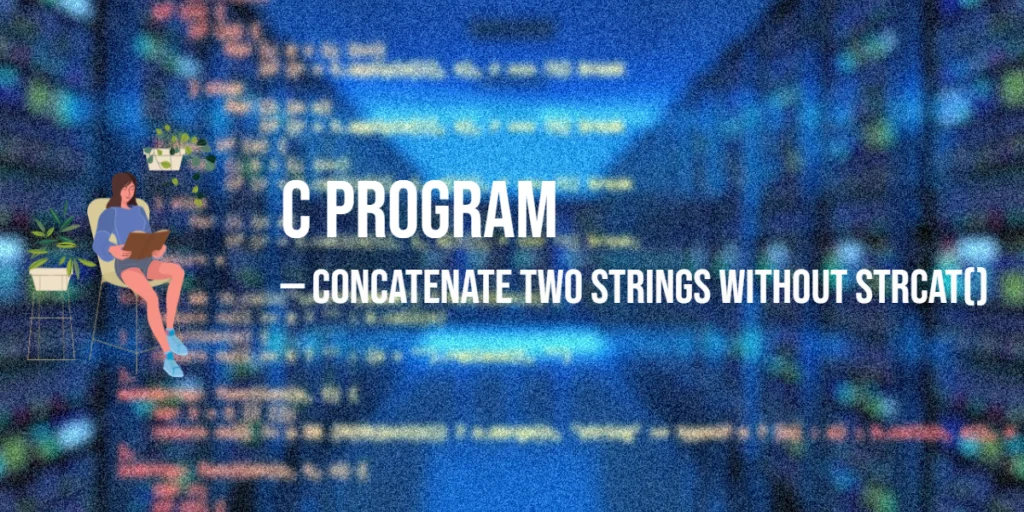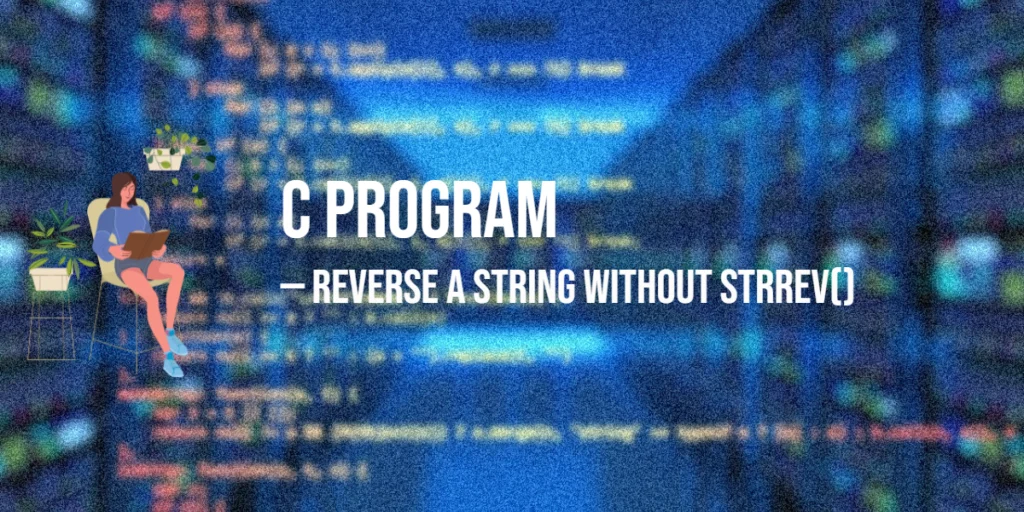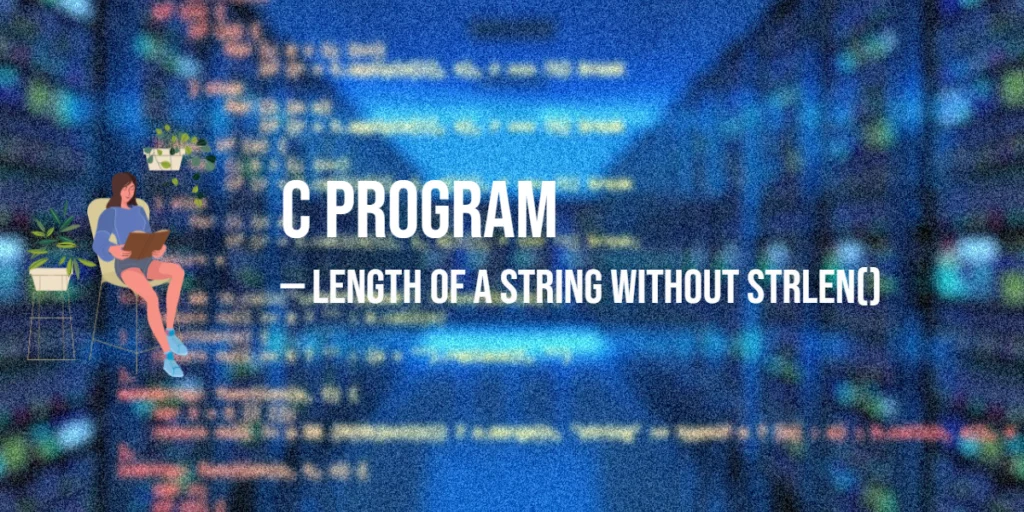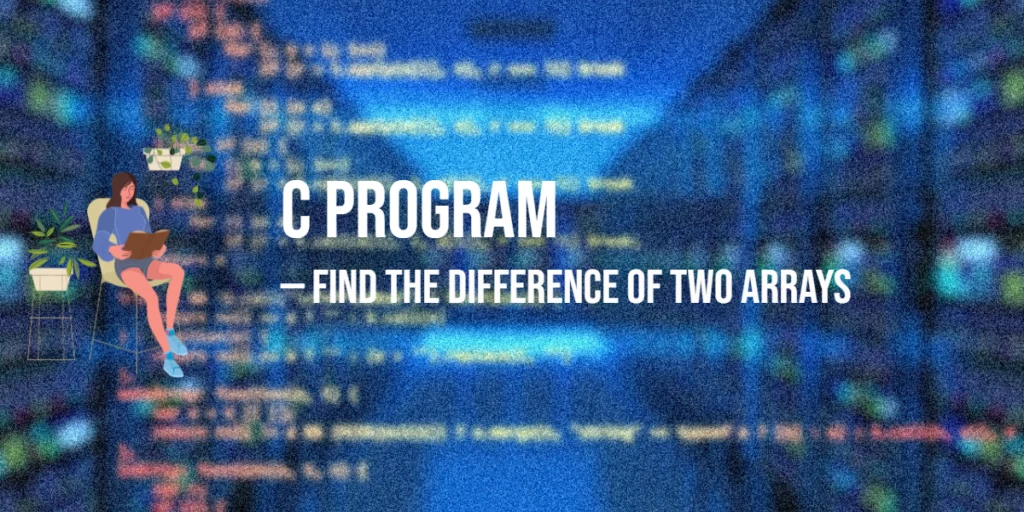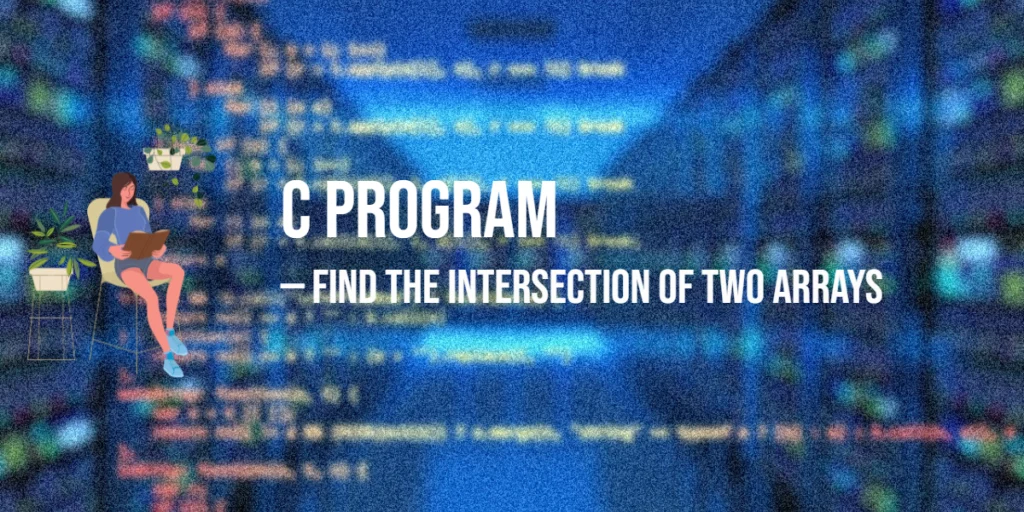C Program to Count the Occurrences of Each Character in a String
Counting the occurrences of each character in a string is a common programming task. It helps you analyze text, understand frequency patterns, and build applications such as word counters, text analyzers, and encryption programs. In C, strings are arrays of characters ending with a null terminator (\0). By scanning the string character by character, we […]
C Program to Count the Occurrences of Each Character in a String Read More »
